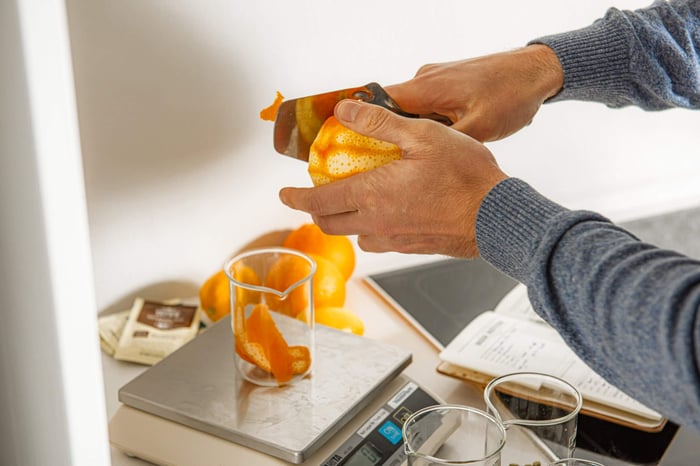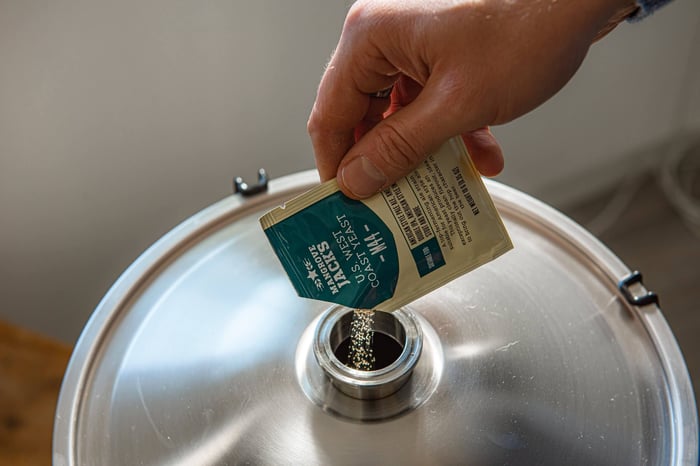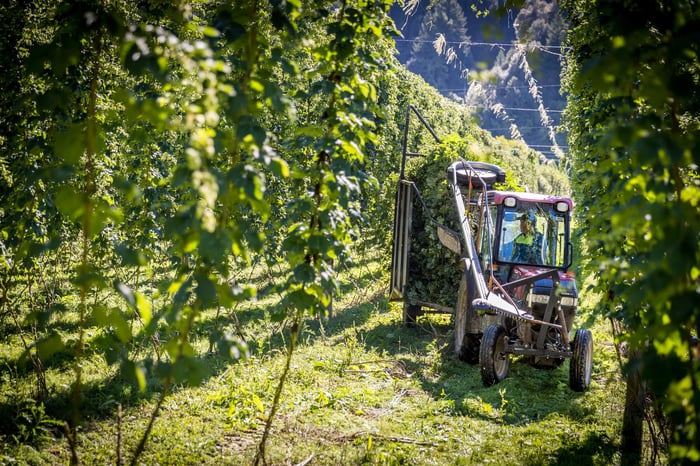Right, let's talk about something close to our hearts – New Zealand mead making. We're incredibly fortunate here, aren't we? Exceptional honey varieties, unique native fruits, and growing conditions that create ingredients you simply can't find anywhere else. Time to explore how these advantages translate into outstanding meads.
The New Zealand Advantage
What sets Kiwi mead making apart? It starts with our honey. Manuka, rata, pohutukawa, rewarewa – these varieties offer flavour profiles that international brewers can only dream about. Combine this with our clean environment and you've got the foundation for truly distinctive meads.
Melomel: Showcasing Local Character
Melomel production in New Zealand benefits enormously from our diverse fruit growing regions. From Central Otago stone fruits to Bay of Plenty kiwifruit, we've got access to exceptional variety that creates unique mead opportunities.
Regional fruit considerations:
- Hawke's Bay: Stone fruits and grapes for premium pyments
- Central Otago: Cherries, apricots, and stone fruit excellence
- Bay of Plenty: Kiwifruit and citrus varieties
- Canterbury: Berry fruits and orchard varieties
- Marlborough: Grape varieties perfect for pyment production
Quality matters more than convenience. Seek out growers who understand brewing requirements and can provide suitable varieties at proper ripeness levels.
Native Fruit Opportunities
Here's where things get really interesting – native New Zealand fruits create meads you literally cannot make anywhere else. Horopito, kawakawa, and other native botanicals offer unique flavour possibilities for adventurous mead makers.
Sustainability note: Always follow sustainable harvesting practices and respect Maori cultural connections to native plants. Many native ingredients require specific knowledge and careful handling.
Signature New Zealand Styles
Manuka Honey Meads
Manuka honey creates exceptional base character for fruit and spice meads. Its distinctive flavour profile complements certain fruits beautifully whilst overwhelming others. Understanding these interactions makes the difference between good and exceptional results.
Manuka pairing guidance:
- Excellent combinations: Stone fruits, citrus, berries with good acidity
- Challenging pairings: Delicate fruits that manuka honey might overwhelm
- Spice considerations: Manuka works brilliantly with warming spices but competes with subtle herbs
Quality consideration: Ensure authentic manuka honey from reputable sources. UMF ratings indicate active properties, though brewing applications don't necessarily require highest medical grades.
Cyser: New Zealand Apple Excellence
New Zealand apple varieties create outstanding cysers, particularly heritage varieties grown in traditional orchards. Our clean growing conditions and diverse microclimates produce apples with exceptional character for mead making.
Apple variety selection: Seek out traditional cider varieties rather than commercial eating apples. Many orchards now cater to craft beverage makers, offering pressed juice from varieties specifically chosen for fermentation rather than fresh consumption.
Pyment: Marlborough and Beyond
New Zealand grape varieties create exceptional pyments that rival international alternatives. Marlborough Sauvignon Blanc, Central Otago Pinot Noir, Hawke's Bay Chardonnay – each offers unique possibilities for grape-honey combinations.
Winemaker relationships: Many wineries now sell juice to home beverage makers. These relationships often provide access to premium grape varieties at reasonable prices whilst supporting local wine industry.
Spiced and Herbed Meads
Native Botanical Integration
New Zealand's unique flora offers mead ingredients found nowhere else. Kawakawa, horopito, manuka leaves, and other native plants create distinctive flavour profiles that reflect our unique terroir.
Cultural sensitivity: Always approach native botanicals with respect for Maori cultural knowledge and sustainable harvesting practices. Many ingredients require specific preparation methods and cultural understanding.
Garden Herb Excellence
Our Mediterranean-style growing regions produce exceptional herbs that create outstanding spiced meads. Lavender, rosemary, thyme, and other culinary herbs thrive in New Zealand conditions, developing concentrated essential oils perfect for mead production.
Seasonal availability: Plan herb harvesting around peak oil development periods, typically during warm, dry conditions when plants concentrate essential compounds.
Regional Specialities
South Island Stone Fruits
Central Otago's stone fruit region produces exceptional mead ingredients. The continental climate creates intense fruit flavours that develop beautifully during fermentation. Cherries, apricots, and plums from this region offer unmatched quality.
Harvest timing: Work directly with orchards to secure fruit at optimal ripeness. Many growers now understand craft beverage requirements and can accommodate specific harvest timing requests.
North Island Tropical Influences
Subtropical growing regions provide access to fruits that create unique mead styles. Feijoas, tamarillos, and passion fruit offer distinctive New Zealand character that international mead makers cannot replicate.
Processing considerations: These fruits often require specific handling techniques to maximise flavour extraction whilst avoiding processing issues that can affect fermentation.
Innovation and Tradition
Experimental New Zealand Approaches
Kiwi mead makers excel at creative ingredient combinations that showcase our unique terroir. Coffee meads using local roasters, chocolate meads featuring New Zealand cacao, seasonal fruit combinations celebrating our diverse growing conditions.
Local collaboration: Partner with local food producers, roasters, and specialty ingredient suppliers. These relationships often provide access to unique ingredients whilst supporting local food culture.
Braggot: Craft Beer Heritage
New Zealand's craft beer excellence translates beautifully into braggot production. IPA braggots showcasing local hops, wheat beer styles, porter influences – each creates unique expressions combining Kiwi beer innovation with traditional honey brewing.
Local craft breweries often support home brewing communities, providing insights into ingredient combinations and techniques that create distinctive New Zealand character.
Seasonal Production Planning
New Zealand's reversed seasons create unique timing opportunities for mead production. Plan harvest schedules around peak ingredient availability whilst considering fermentation temperature requirements during our variable climate conditions.
Climate considerations: Our temperature variations throughout the year require attention to fermentation control, particularly during autumn and spring shoulder seasons when daily temperature ranges can affect fermentation performance.
Quality Equipment for Kiwi Conditions
New Zealand's unique climate and ingredient characteristics require equipment that handles our specific requirements effectively. Temperature control becomes particularly important given our variable conditions and seasonal extremes.
Visit Grainfather New Zealand store Quality equipment designed for our conditions makes traditional mead techniques accessible whilst ensuring consistent results regardless of seasonal variations or regional climate differences.
Embracing New Zealand Mead Identity
The finest New Zealand meads reflect our unique combination of clean environment, distinctive honey varieties, exceptional fruit quality, and innovative brewing culture. Whether using Marlborough grapes, Central Otago stone fruits, or native botanicals, successful Kiwi meads showcase terroir that cannot be replicated elsewhere.
Our journey from local honey and indigenous ingredients to finished mead creates something uniquely New Zealand whilst honouring traditional mead making principles. That's exactly what makes Kiwi mead culture so exciting.
Grainfather Team










